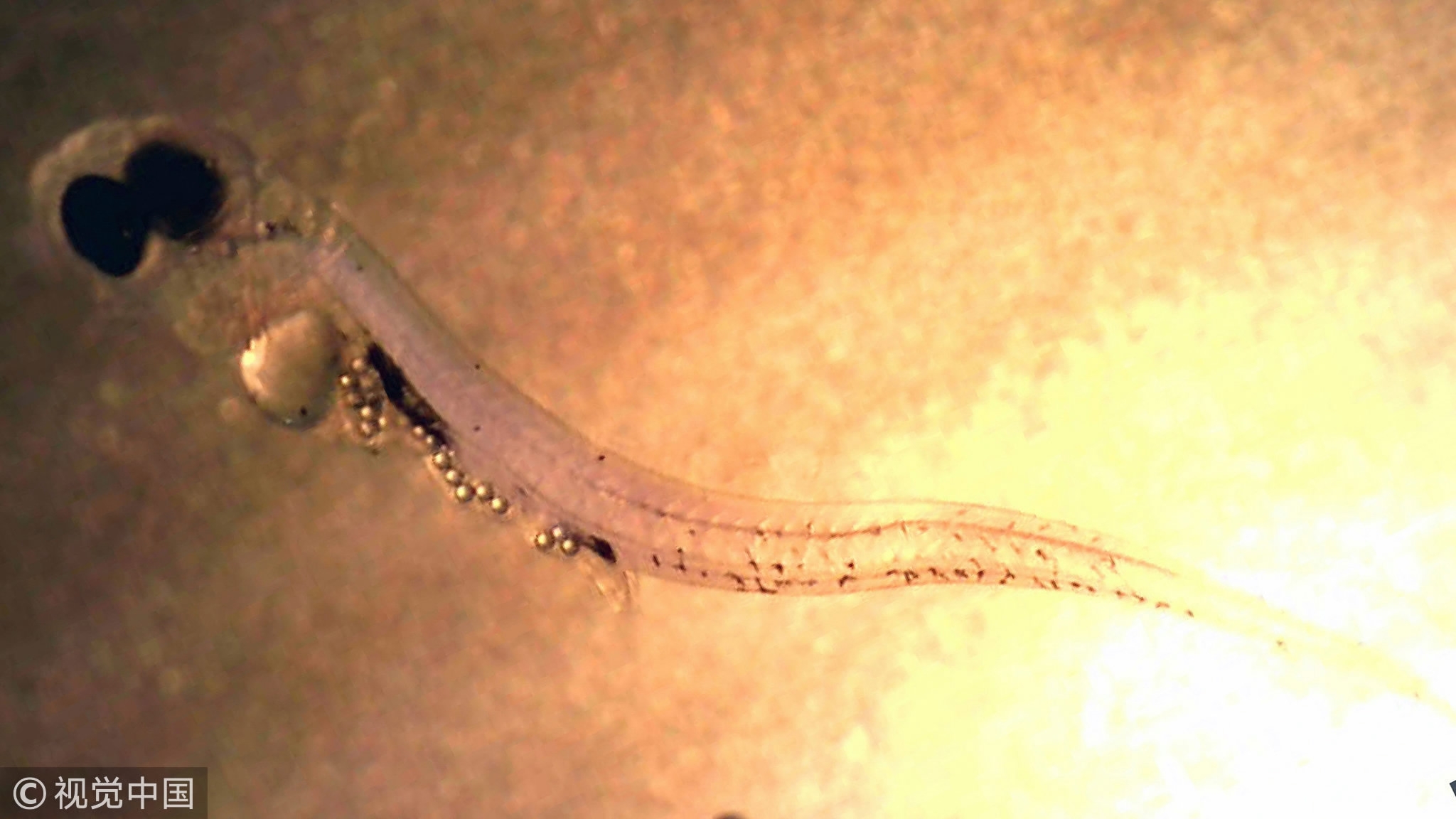
Tech & Sci
14:19, 14-Mar-2018
Microplastic pollution: British river overtakes Asian rivers
CGTN

A British river has the worst level of microplastic pollution in the world, a study revealed.
In the first detailed catchment-wide study in the world, Rachel Hurley, Jamie Woodward, and James Rothwell from the Department of Geography at The University of Manchester minutely examined the microplastics presence in river sediments from 40 sites across Greater Manchester.
“They discovered microplastic contamination in all parts of the network – including a site on the River Tame at Denton which had the highest levels so far recorded anywhere in the world,” University maintained.
Researchers found 517,000 particles per square meter of the river’s bed, a level exceeding the current microplastic presence in extremely polluted urban rivers.
According to the recent findings such high levels of microplastic pollution in the water were reported from densely populated cities including Seoul, Hong Kong and the southern Chinese province of Guangdong.
Researchers also carried out their study after the flooding season and found levels of contamination had drastically fallen. Flooding had flushed about 70 percent of the microplastics that were earlier stored on the river beds.
“This demonstrates that flood events can transfer large quantities of microplastics from urban rivers to the oceans,” Woodward said.
In recent years, environmental groups have been advocating for a regulation on microplastics. In a series of demonstrations, experts have revealed with every wash a polyester fleece jacket releases over 1900 plastic fibers. Plastic microbeads are also used in cosmetics including toothpaste, facial scrubs, and shampoos.
Woodward pointed out, microplastics in the ocean have recently attracted a lot of attention, but until now science knew little about the primary sources of this pollution and the transport processes involved.
“We decided to explore the contamination of urban river beds, as we began to think that they may be the main source of the problem,” he said.

SITEMAP
Copyright © 2018 CGTN. Beijing ICP prepared NO.16065310-3
Copyright © 2018 CGTN. Beijing ICP prepared NO.16065310-3